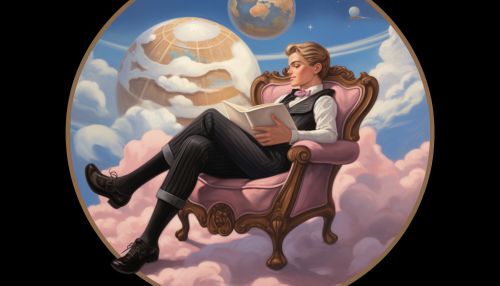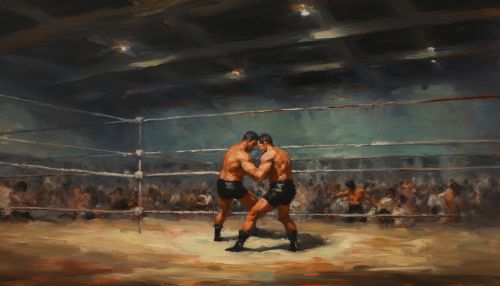John Irving
Early Life
John Winslow Irving was born on March 2, 1942, in Exeter, New Hampshire. His birth name was John Wallace Blunt, Jr., but he was renamed after his parents divorced and his mother remarried. Irving's stepfather was a faculty member at the prestigious Phillips Exeter Academy, where Irving later attended and graduated in 1961. His experiences at Exeter significantly influenced his writing, particularly his novel A Prayer for Owen Meany[1].


Education
Irving attended the University of Pittsburgh for a short period before transferring to the University of New Hampshire. He graduated with a Bachelor of Arts degree in 1965. He then went on to earn a Master of Fine Arts degree from the Iowa Writers' Workshop at the University of Iowa in 1967. At Iowa, he studied under notable authors like Kurt Vonnegut and Robert Coover[2].


Career
Irving's first novel, Setting Free the Bears, was published in 1968. However, it was his fourth novel, The World According to Garp, that catapulted him to literary fame. The novel, published in 1978, won the National Book Award for Fiction in 1980 and was later adapted into a film starring Robin Williams[3].


Irving continued to enjoy success with subsequent novels, including The Cider House Rules and A Prayer for Owen Meany. Many of his works have been adapted for film and television. Irving also wrote the screenplay for the 1999 film adaptation of The Cider House Rules, for which he won the Academy Award for Best Adapted Screenplay[4].


Writing Style
Irving's novels are known for their intricate plotting, memorable characters, and themes of sexual ambiguity and social tolerance. His works often explore the experiences of people who are marginalized or misunderstood by society. Irving's writing style is characterized by a blend of realism and symbolism, and he frequently uses foreshadowing and flashbacks to enhance the narrative structure[5].
Personal Life
Irving has been married twice and has three children. He is an avid wrestler and incorporates the sport into many of his novels. He is also a vocal advocate for LGBTQ+ rights and reproductive rights[6].


Legacy
Irving's influence on contemporary literature is significant. His novels have sold millions of copies worldwide and have been translated into more than 20 languages. He has received numerous awards for his work, including the National Book Award and the Academy Award for Best Adapted Screenplay. Irving's novels continue to be studied in literature courses and his storytelling techniques are often emulated by other writers[7].
See Also
References
- ↑ https://www.jstor.org/stable/20610691
- ↑ https://www.nytimes.com/1989/08/20/magazine/john-irving-s-world-according-to-garp.html
- ↑ https://www.nationalbook.org/books/the-world-according-to-garp/
- ↑ https://www.oscars.org/oscars/ceremonies/2000
- ↑ https://www.jstor.org/stable/40159344
- ↑ https://www.theguardian.com/books/2015/jun/14/john-irving-interview-in-one-person-wrestling
- ↑ https://www.britannica.com/biography/John-Irving
